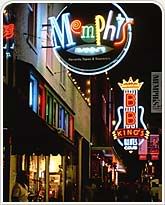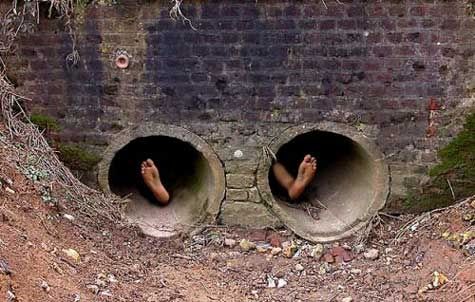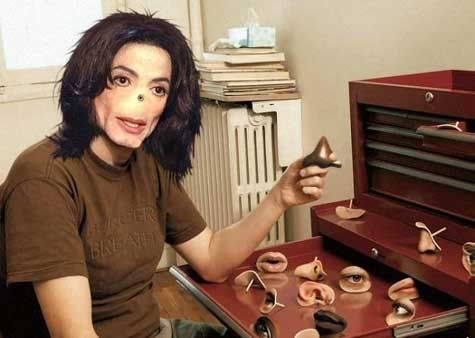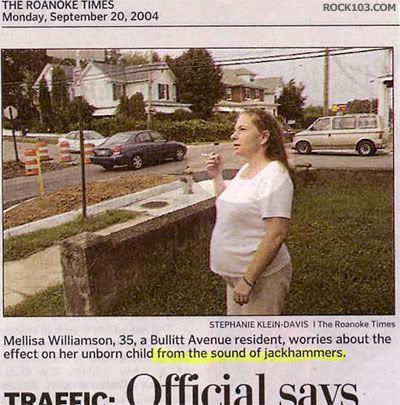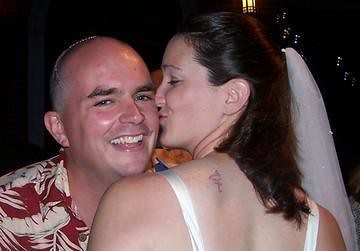
I found this in my drafts. I don't know why I left it there, unfinished and never posted. Anyway, I'm not leaving it again. Here it is.
By MARILYNN MARCHIONE, AP Medical Writer
ORLANDO, Fla. - It's the most common major cancer in America, even though it affects only one sex. Lifetime odds of getting it are 1 in 6. Testing for it is controversial, and treating it robs many of a body part that's important to their sexuality. This isn't breast cancer, a disease tattooed into the American psyche. It is its male counterpart, prostate cancer, which has made a much fainter mark.
Prostate cancer (news - web sites) gets a fraction of what is spent on breast cancer research, and virtually nothing is known about what causes it.
It is the only cancer that doctors debate not just how to treat but whether they should at all. Nine out of 10 men don't need treatment but the rest will die, and there's no good way to tell them apart. It also kills at a higher rate than breast cancer. Nearly 32 men out of 100,000 will die of prostate cancer; 27 women out of 100,000 die of breast cancer.
Advocacy has been weak. Men don't like to wear little blue ribbons, and the field has suffered from lack of support.
Consider Dr. Ernie Bodai's situation. The California surgeon got a special postage stamp that has raised a whopping $50 million to fight breast cancer, a disease he cuts out of dozens of women's bodies each year. But he's been unable to win a similar stamp for his own cancer.
"The prostate cancer community is 10 years behind the breast groups in terms of being acknowledged and coming forward," he lamented.
Now, many are trying to catch up.
More than a thousand specialists, from surgeons to radiologists to dietitians, met in Orlando recently for a first-of-its-kind conference similar to the breast cancer symposium that's been held in Texas for 27 years.
"As San Antonio is to breast cancer, we want this to be for prostate cancer," said Dr. Eric Small of the University of California in San Francisco, who organized the meeting with several big cancer organizations.
What emerged from the three-day conference was a clearer picture of this murky disease and new insights into preventing, detecting and treating it. Among them:
_The immune system might be more effectively harnessed to fight this cancer than many other types. Doctors reported the first success using this approach.
_Smoking has less of an effect on prostate cancer risk than other cancers.
_Obesity affects the odds of dying from the disease more than the odds of getting it.
_Diet may play a key role. More is known about how specific nutrients affect the risk of prostate cancer than any other cancer type. Diet might even help explain why blacks have double the rate of the disease than whites.
_Treatments are improving. New techniques are minimizing surgery's side effects, and newer ways of giving radiation are allowing higher doses and better control of the disease.
_Use of the PSA blood test is being refined. Studies are evaluating whether a rising score means more than the score itself, and other ways to fine-tune interpretation. Other potentially better biomarkers for prostate cancer also are being studied.
_Doctors are starting to prescribe finasteride for some men at high risk of the disease after a big study found the drug could prevent prostate cancer, much as tamoxifen prevents breast cancer. The study was notable not just for its outcome, but also because 18,000 men took part, after years of studies begging for participants.
"This was a real question in the 1990s: If you gave a party, would the men show up?" said Dr. Howard Parnes, director of cancer prevention at the National Cancer Institute (news - web sites), which funded the study.
"Only one patient with prostate cancer is entered into a clinical trial for every four patients with breast cancer. That's our biggest challenge," Small said.
More than 232,000 American men are expected to be diagnosed this year with cancer of the prostate, a walnut-shaped gland beneath the base of the penis that makes seminal fluid. About 30,000 will die of it. Worldwide, 680,000 cases and 221,000 deaths are projected — figures that seem low primarily because in many poor countries men don't live long enough to develop it.
Cases climbed dramatically in the United States in 1988 and 1989 with the advent of the PSA blood test, which measures a protein the prostate makes when it's inflamed. The test is controversial because PSA can be high for many reasons, and there's no proof that screening saves lives.
In most men, prostate cancer grows so slowly that it will never threaten their lives. Treatment often leads to problems having sex or controlling the bladder, so finding a way to distinguish which tumors can safely be left alone is the field's top priority.
"We need to know who those people are so they can be spared unnecessary treatment," said Dr. Philip Kantoff, a prostate specialist at the Dana-Farber Cancer Institute in Boston.
It would help to know what causes the disease. It regresses when men are given drugs to block testosterone, yet the incidence of the disease rises as men age, when levels of the male hormone diminish.
"We still don't understand it to the degree we do any other cancer," said Dr. Durado Brooks, who heads prostate cancer research for the American Cancer Society (news - web sites).
Two genes have been implicated, and both are linked to inflammation, said Dr. William Nelson of Johns Hopkins University. Chronic inflammation or infection may set the stage, and a carcinogen, like smoking, may finish the job.
Scientists have done elaborate studies on carcinogens, like those generated by cooking meat at high heat. One even examined whether flipping burgers once or multiple times made a difference. The bottom line: Charring meat isn't good.
Diet is emerging as a possible way to prevent the disease. June Chan, a dietitian at the University of California in San Francisco, summarized studies on risk.
Bad: diets high in fat, red meat, dairy products and calcium.
Good: fish, soy, vegetables like broccoli and Brussels sprouts, and cooked tomato products rich in lycopene. Diet may be especially important in later life; a Harvard study found that most of the benefit of lycopene was in men 70 and older.
"This is the only cancer that I'm familiar with where we have this sort of micronutrient information," Brooks said.
Can diet prevent prostate cancer?
"The short answer to that is 'probably yes,'" said Dr. Meir Stampfer, chief of epidemiology at Harvard Medical School (news - web sites), where the possible benefit of selenium was first seen in studies in the 1980s.
"It's taken 25 years to get a randomized trial off the ground," he complained.
Michael Milken wants to help change the situation. The former Wall Street junk bond king founded the Prostate Cancer Foundation after his diagnosis in 1993.
"There was very little support for prostate cancer research," with the National Cancer Institute spending a mere $37 million, Milken said at the Orlando meeting, which his foundation helped sponsor.
A decade later, federal spending had risen to $390 million, but trailed breast cancer's $699 million. The pattern is the same at the American Cancer Society, which made 175 grants totaling $98 million this year for breast cancer, and 63 worth $36 million for prostate.
Milken's foundation says it has raised more than $230 million in roughly a decade and provided funding to more than 1,200 researchers around the world.
It's also trying to bring celebrity power to the disease. Bob Dole, Rudy Giuliani, Colin Powell (news - web sites) and John Kerry (news - web sites) have talked about having prostate cancer, but more voices are needed, said Leslie Michelson, the foundation's chief executive.
The National Basketball Association recently started airing "Act Like a Man" commercials to foster awareness. Fortune magazine is donating $750,000 and has made prostate cancer its charity of the year. New York and California have started income tax checkoffs for donations to research.
A more subtle sign is the box that recently landed on Thomas Kirk's desk in Chicago. Inside were hundreds of pale blue wristbands like the yellow Lance Armstrong ones that have become must-haves of fund-raisers and fashion. Kirk said the prostate cancer support group he heads, Us TOO, has learned a lot from Y-ME, the breast cancer group led by his wife, Margaret Kirk.
Advocacy "is part of our mission. It's not one of the ones we're strongest in," he admitted.
The prostate foundation also is working on a lapel pin it hopes men will be willing to wear, shaped like a blue necktie instead of a ribbon.
"We're starting to beat the drums, to get a voice for this important cause," Michelson said.
___
On the Net:
Prostate Cancer Research Institute: www.pcri.org
Prostate Cancer Foundation: www.prostatecancerfoundation.org
American Cancer Society: www.cancer.org
National Cancer Institute: www.cancer.gov
Support group: www.ustoo.com
You have read this article with the title July 2005. You can bookmark this page URL http://thebohemianbunny.blogspot.com/2005/07/prostate-cancer-research-and-advocacy.html. Thanks!


